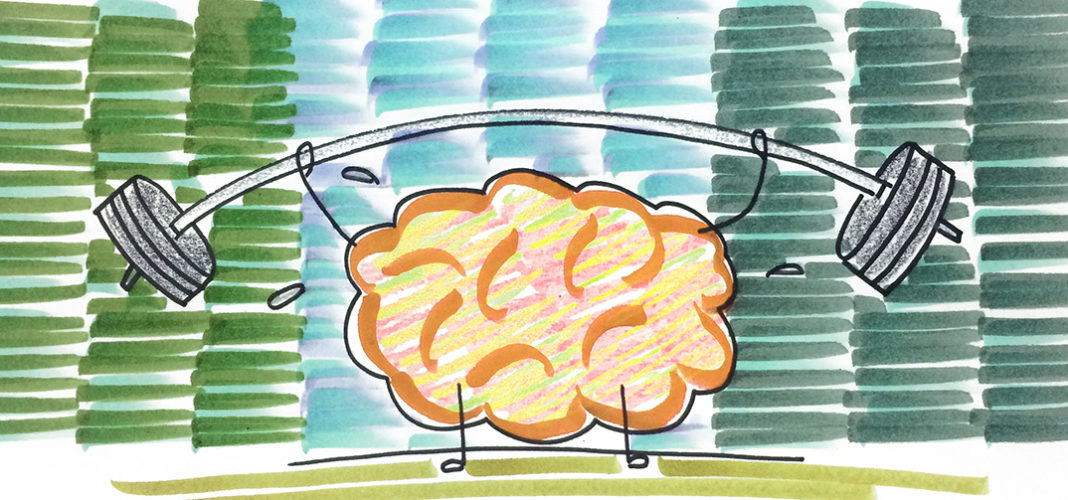We all have emergency plans. If the electricity goes out, there’s a stockpile of flashlights, batteries and candles. But what happens when your mood fails? What’s your bad day backup plan? It’s a question I ask people all the time.
Michele Phillips, a performance coach in Piermont, N.Y., and author of Happiness Is a Habit, has a group of friends who have dubbed themselves the Village. “I can call them anytime my day is going badly, and they will change my frame of mind,” she says. She recalls sitting in a bar in Colorado after her divorce, feeling lonely and, she says, “like I had ‘loser’ written on my forehead. I called a Village friend, and she said, ‘Look around: You’re in Vail, skiing!’ She helped me shift the thinking from ‘poor me’ to ‘lucky me.’”
The article got me thinking about what enables people to function, even on bad days. From my experience, mentally strong people know what strategies work best for them. Calling a friend, meditating for 15 minutes, going for a walk, watching their favorite movie are all possibilities. The key is having a “go-to” strategy to get oneself through a tough time.
Martin Seligman makes the case:
“Therapists can use information from the way snipers…are trained. It can take about 24 hours for a sniper to get into position. And then it can take another 36 hours to get off the shot. This means that snipers often haven’t slept for two days before they shoot….”
Of course, one option would be to give them stimulant medication to keep them awake and alert but that is not how snipers are trained.
Instead, you keep them up for three days and have them practice shooting when they are dead tired. That is, you teach snipers to deal with the negative state they’re in: to function well even in the presence of fatigue.
Instead of exclusively lessening negativity, the most effective strategies involve building positive experiences as well. Seligman explains:
“As a therapist, once in awhile I would help a patient get rid of all his anger and anxiety and sadness. I thought I would then get a happy patient. But I never did. I got an empty patient. And that is because the skills of flourishing — of having positive emotion, meaning, good work, and positive relationships — are something over and above the skills of minimizing suffering.”
Knowing how to handle tough times isn’t just about just making oneself less miserable, it is also about explicitly cultivating the good things in life.
Every day may not be good, but there is something good in every day. Your assignment is to find it.
I wish you all the best,
Dr. Samantha Boardman






